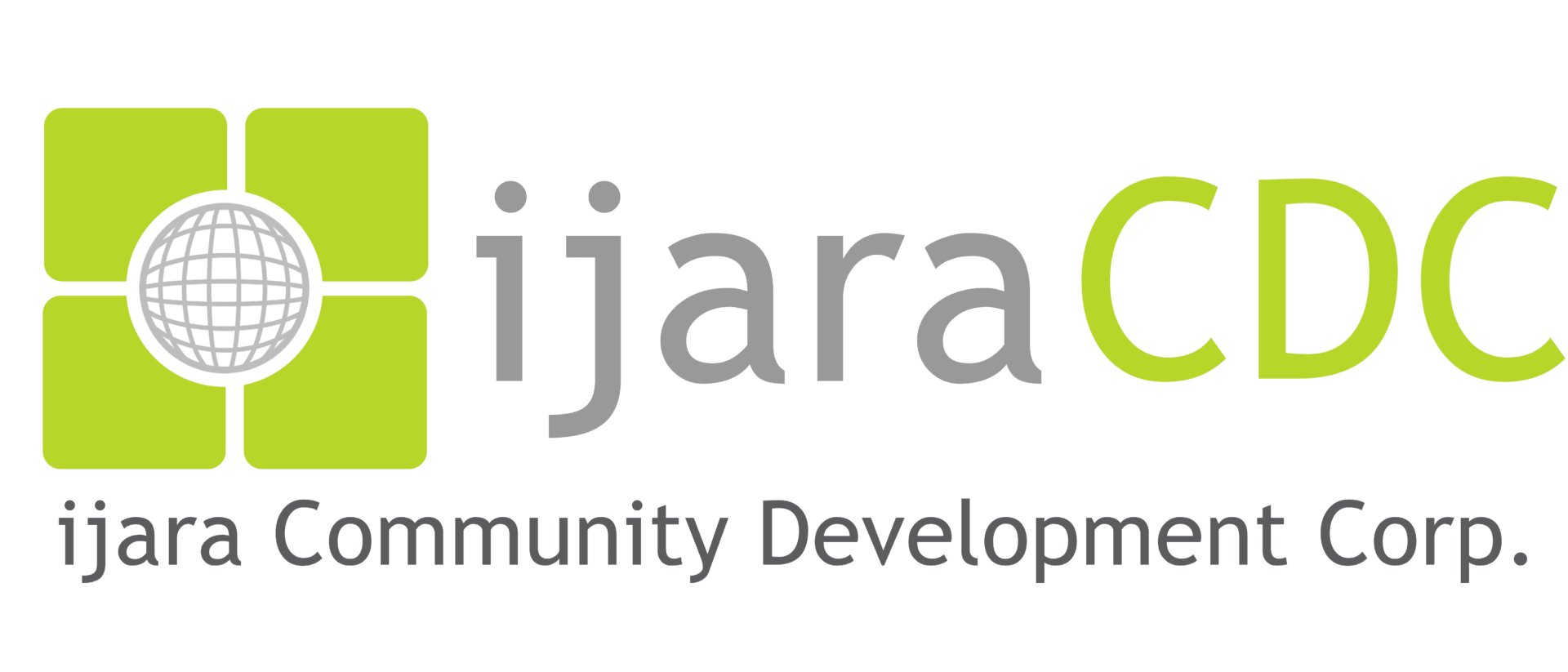7 Practical Means to Save for a Down Payment

For most home buyers, the thought of saving for a down payment can be a daunting task. I mean, shelling out 20% of the home’s value isn’t a small amount that you’ll have on a whim, right?
Don’t worry, we’re here to help you out. We’ve prepared some practical things you can do to prepare for making that initial expense as you pursue that home acquisition journey.
Why Save for a Down Payment?

Like any investment, buying a home requires some initial capital. And for home buyers, your down payment would serve as the capital to own the property.
However, that’s not the only reason why reserving some funds. Other perks include:
- Higher approval rates from lenders
- Get better prices with lower rates.
- Decrease the monthly payment amount or shorten the payment duration.
- Increased equity, as you’ll need that much financing for your home.
And with that, here are some tips you can do to prepare for a down payment.
1. Look for Additional Income

Let’s face it: your needs and expenses won’t just wait while you save up for that down.
While preparing for your new home, you can try out some part-time gigs or freelance work in the meantime. Most of these jobs require a few hours a day with manageable tasks, with many online platforms to search for work from. Increase your savings without risking your main job or your health.
2. Setup Automated Savings

The advent of modern technology has helped many people save money and budget better. Take advantage of this by automatically allocating funds to a dedicated savings account. This ensures that you can start setting aside funds for that down payment without affecting your budget or being tempted to spend it on something else. Check with your bank or mobile banking app for this feature.
3. Reduce Unnecessary Spending for more Down Payment Budget

To maximize your savings opportunities, complement your additional income by skipping on some treats we give ourselves. Sure, it could spoil the fun of being an adult, but focusing on saving for a down payment will be beneficial for you and the family in the long run.
Some of the recommended spending cuts include:
- Eating out or food deliveries
- Entertainment purchases (movies, video games, game systems, etc.)
- Holiday trips or vacations
- Travel via bike over a car if the location is near your home
4. Review and Cut Off Unused Subscriptions

Online services have had tons of convenience and value in recent years, some might have outlived their usefulness. Worse, it could be eating the budget you could be placing on your down payment.
Take time to check all subscriptions you’re paying for and trim the fat, so to speak. Weigh which ones you use more and cancel those you won’t be using anymore. Check with your significant other as well for any duplicate subscriptions – the last thing you need is to pay twice for a service you don’t need.
5. Buy a Car Instead of Renting/Leasing

Having a car makes traveling and tackling regular errands easier and faster. However, many potential home buyers tend to lease or rent their vehicles. And at the end of the day, you’ll need to return it after long periods of payment.
Thinking about this, why not place that money into buying a car of your own? Yes, buying a car can be quite costly, but can save you money in the long run. Plus, it can boost your credit score with regular prompt payments, leading to better rates and terms when opting to buy a house.
6. Share the Property (and Down Payment) with Relatives

Consider this: wouldn’t it be lighter on the budget and expenses if you’re sharing the expenses with other people? That’s the idea behind this tip – sharing the expenses (and down payment) with people you can trust, especially if it is your first time buying a home.
7. Search for Local and Federal Government Housing Assistance

Many home buyers are unaware of what offers they can take advantage of from government-funded initiatives. Check if your local county/ state is offering down payment assistance programs or even do research on local non-profits that might be offering grants or assistance. Whether you live in Maine, Minnesota, California, or any other state in between, do the research, you might be able to find a down payment assistance program that you can qualify for.
You can also ask the realtor you’re working with for some guidance on residential property purchases. For additional assistance, you can contact the experts at IjaraCDC for Sharia-compliant home acquisition options that can work on your needs.

